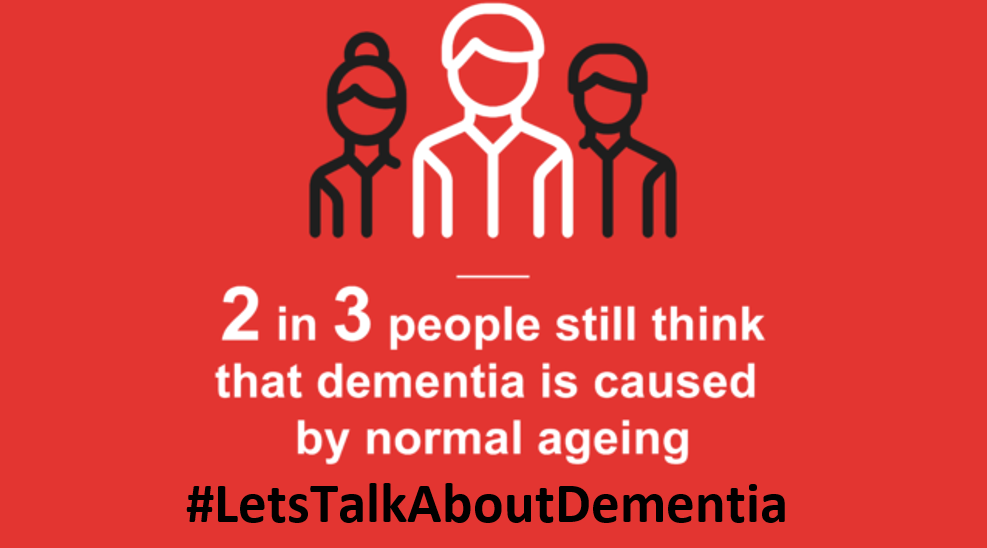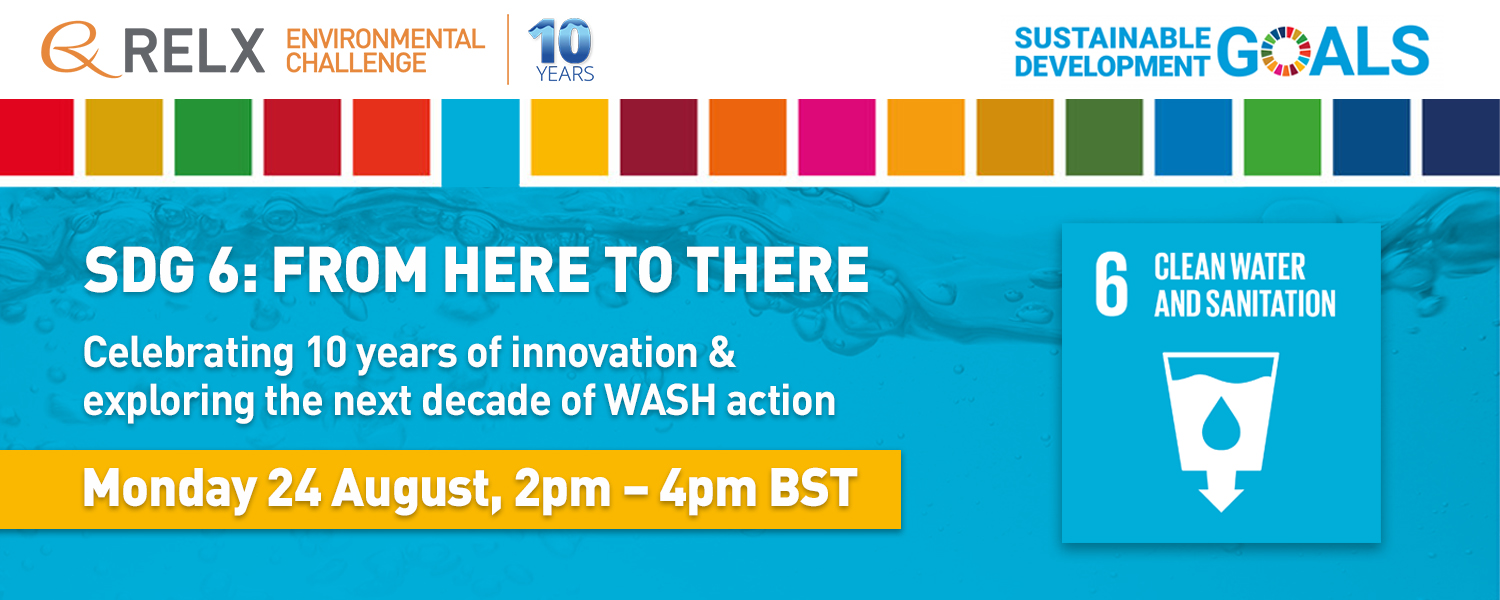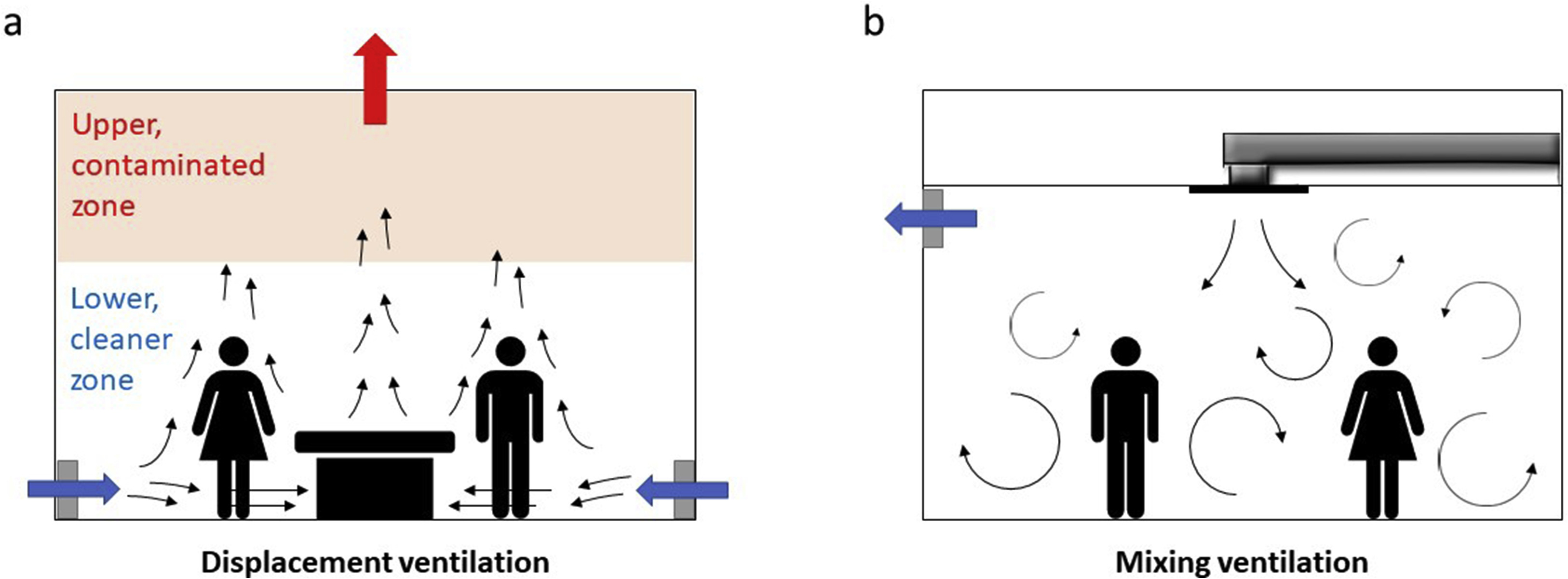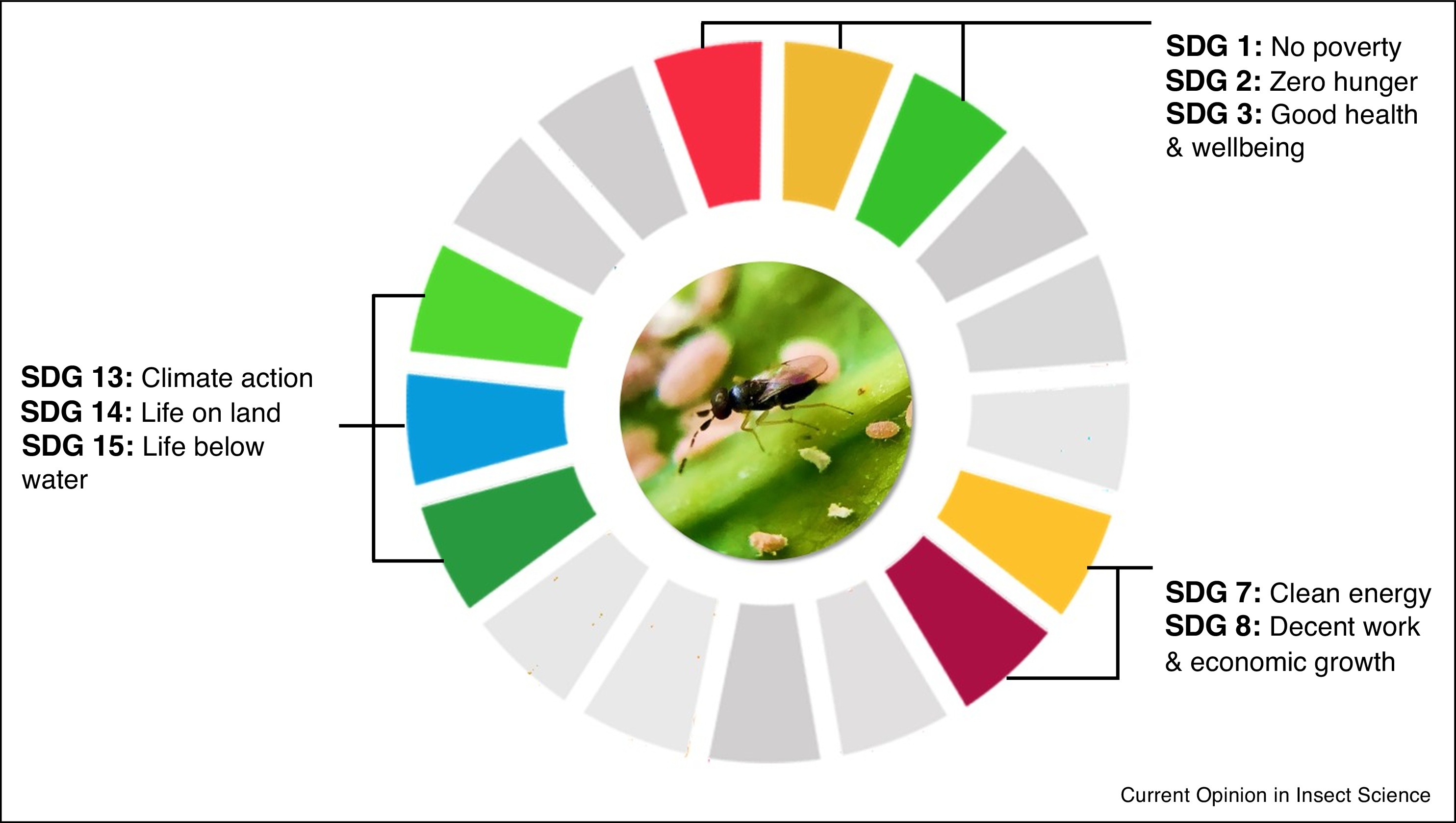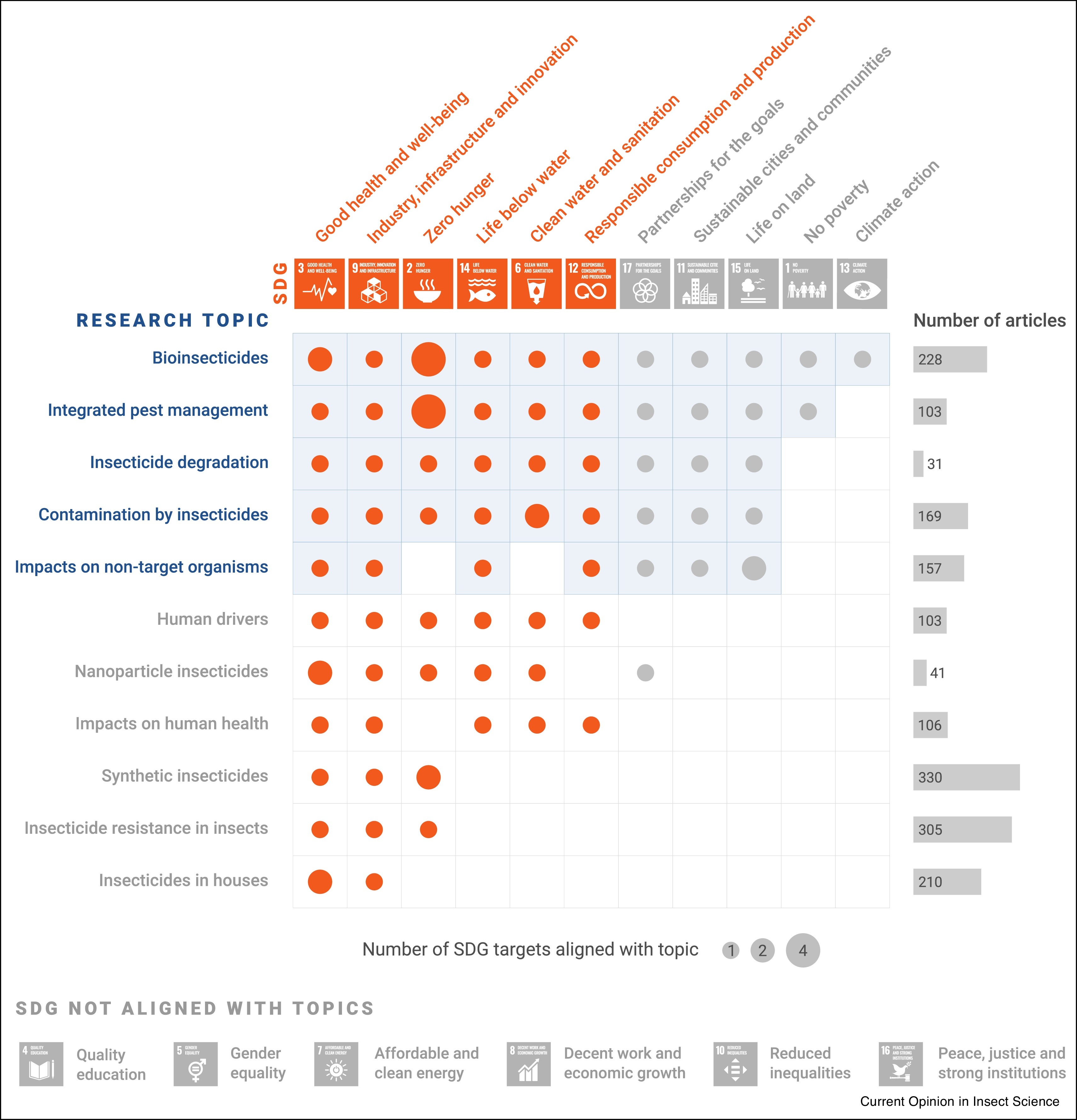Elsevier,
Drilling Engineering: Towards Achieving Total Sustainability, Sustainable Oil and Gas Development Series, 2021, Pages 619-673
This book chapter advances SDG 7 by explaining how environmental sustainability can be achieved in oil and gas drilling through practices, green chemistry, and zero waste supply chains.
World Alzheimer's Day is an international campaign organised by Alzheimer's Disease International to raise awareness and highlight issues faced by people affected by dementia. It takes place every year on September 21st and is the focus of World Alzheimer's Month. In support of this year’s theme – ‘Let’s talk about dementia’ - Elsevier presents a curated, open access collection of 25 journal articles and book chapters focused on challenging the fear and stigma associated with dementia.
This chapter advances SDG 7 by reviewing important policies and market trends shaping the global development of clean energy technologies; it argues that clean energy project costs are now competitive with or lower than conventional fossil fuels in most markets around the world, and discusses the most promising future areas of research for improvement.
This book chapter advances SDGs 3 and 10 by explaining how to develop a comprehensive understanding of the epidemiology of obesity, and that it is important to consider the social circumstances and environmental exposures that are related to obesity, given that these contribute to a combined 20% of premature deaths.
On Monday 24 August 2020 – at the beginning of World Water Week - RELX announced the winners of the 2020 RELX Environmental Challenge. Now in its 10th year, the RELX Environmental Challenge supports innovative solutions that improve sustainable access to safe water and sanitation where it is at risk, contributing to SDGs 1, 3, 6 and 10.
A good paper to highlight plastic pollution in the marine ecosystem in order to make people aware of a plastic-free, healthy blue ocean in the near future.
Eradicating food insecurity is necessary for achieving global health goals. Liberal trade policies might increase food supplies but how these policies influence individual-level food insecurity remains uncertain. We aimed to assess the association between liberal trade policies and food insecurity at the individual level, and whether this association varies across country-income and household-income groups.
Within a time span of only a few months, the SARS-CoV-2 virus has managed to spread across the world. This virus can spread by close contact, which includes large droplet spray and inhalation of microscopic droplets, and by indirect contact via contaminated objects. While in most countries, supermarkets have remained open, due to the COVID-19 pandemic, authorities have ordered many other shops, restaurants, bars, music theaters and indoor sports centers to be closed.
Insects are indispensable actors within global agri-food systems and ensure the delivery of myriad ecosystem services. A progressive decline in insect numbers — as inflicted by habitat loss, pollution or intensive agriculture — can jeopardize a sustained provisioning of those services. Though we routinely disregard how insects help meet multiple sustainable development challenges, a gradual insect decline can have grave, long-lasting consequences.
Tropical cropping systems are highly dependent on synthetic insecticides, which generates sustainability issues. We performed a bibliometric analysis of the current insecticide literature (2017–2019) and used the Sustainable Development Goals roadmap to identify research topics in insecticide research that should be promoted to attain sustainable cropping systems.
